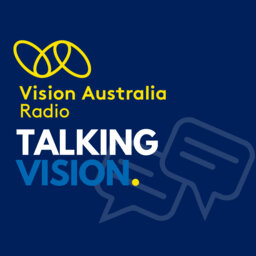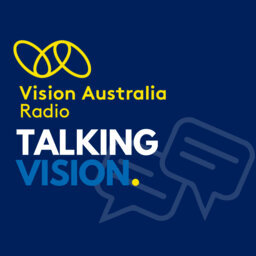Talking Vision 649 Week Beginning 31st of October 2022
It's Stella filling in for Sam this week as he is up in Cairns for the Community Broadcasting Association of Australia awards, but you will hear from Sam as he catches up with a recent Holman Prize Winner.
Her name is Abby Holmes, originally from Ethiopia she was one of the 3 recipients of the $25,000 prize to provide her community in her home town of Wolayta with vital braille and adaptive technology resources.
Before that though, Stella catches up with Member for Higgins Dr Michelle Ananda-Rajah, who recently visited Vision Australia to hold discussions on how the government can best support people who are blind or have low vision.
And finally this week, the Vision Australia Annual General Meeting recently took place and you'll hear from a very familiar voice who Stella had the pleasure to speak with her after she received a Vision Australia award for her lifelong contribution to the community.
In 1 playlist(s)
Talking Vision by Vision Australia Radio
Vision Australia Radiothon is on now. Donate via www.varadio.org and make a tax deductible donation …Social links
Follow podcast
Recent clips

Talking Vision 821 Week Beginning 2nd of March 2026
27:47

Talking Vision 820 Week Beginning 23rd of February 2026
27:55

Talking Vision 819 Week Beginning 16th of February 2026
28:59
 Talking Vision by Vision Australia Radio
Talking Vision by Vision Australia Radio